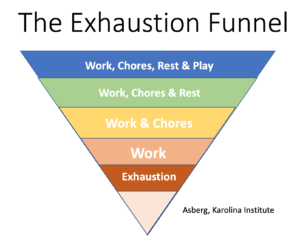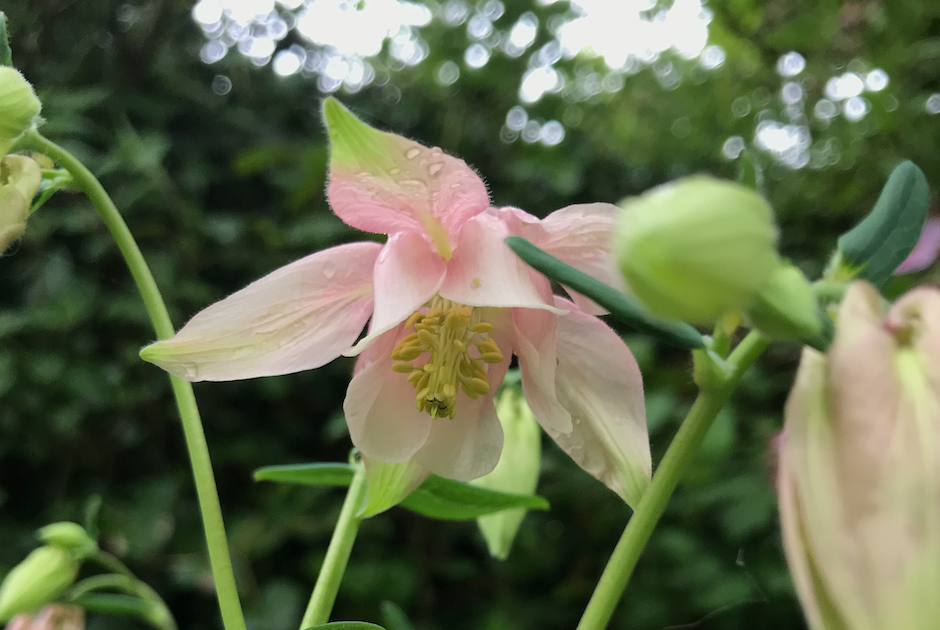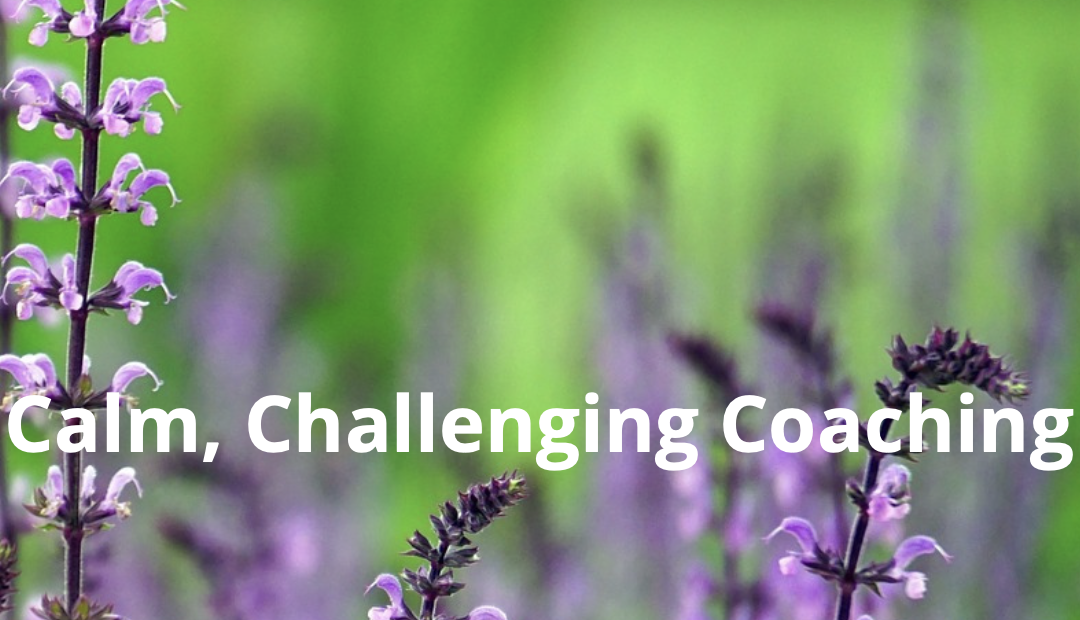Life before lockdown was actually alright, wasn’t it? We were coping at least. However when cracks start to show under pressure, as they are bound to do, these are signs of underlying issues that were there before, even if we were choosing to look the other way. As the pressure mounts, these cracks get bigger.
When lockdown started, there was a flurry of Pinterest and Instagram posts of perfect families making perfect (or copious at least) Covid cookies and illustrating how lockdown life was really “not so bad”. The number of webinars and articles on Coping in a Crisis boomed and people’s workloads settled down from crisis management (24 hour) or instant furlough to something a bit more normal. However, for a lot of people that work-life boundary has become blurred. It can be hard to take some time for ourselves when children have to be home schooled, we are worried about whether our jobs are safe, or the income coming into the home is reduced. Add to that the self-imposed pressure to take stock of our lives, and complete a full Marie Kondo on our wardrobes, the spare room and (dare I mention it) the garage and we have a day full of work and chores. We manage a quick meal in the evening and fall exhausted into our beds, with our list of things to do tomorrow getting ever longer.
So where, in all this, is time focussed to looking after YOU?
Whether you are a stay at home Mum dealing with home schooling, or a senior executive coping with the new normal, you need time to look after yourself. Scientists at the world renowned Karolina Institute in Sweden have developed a model they have named ‘The Exhaustion Funnel’. When we have a full and balanced life, with diversity of activities (at the top of the funnel) we are functioning well. As pressure increases, the funnel narrows as we drop activities that we see as less important, such as taking time to play with the children, or spending time reading a book for pleasure.
So how do we avoid sliding to the bottom of this Exhaustion Funnel?

With more pressure, the hours worked increases and our time for rest reduces, until we are spending more and more time working, with little time spent doing anything else. Although we can cope with short bursts near the narrower end of the funnel, staying down there is not good for our long-term psychological health.
The first thing we need to do is become self-aware. Taking a moment to run a personal MOT, checking in on ourselves to make sure we are not missing out on the smaller moments of life. A couple of months ago I was juggling work, study, destressing a family member, some charitable work I do, and my role as Chair of a sports club. I found myself sitting at my desk, with a pile of correspondence in my in-tray, and equally large pile of academic papers to read, WhatsApp messages pinging on my phone every few minutes and no motivation to look at anything. I put my phone down, grabbed my shoes and just headed out for a walk.
Wasn’t I just procrastinating?
Well no, I was taking a much-needed break. Physical activity has been shown to improve our mental health and wellbeing and a half hour walk was just what my body needed, having spent all morning sitting in one place. It also allowed me to focus my mind on the bigger picture, which was that if I didn’t look after myself, I would not be of any use to anyone else. I have been giving people permission to look after themselves for over fourteen years in my coaching practice and now I want to stress that it is not an indulgence, but a priority.
Taking time out to do something for ourselves can give us pleasure, which improves our motivation, reduces our anxiety and opens our mind to new ways of dealing with problems. Once we take the guilt away from looking after ourselves, we can feel a sense of achievement, which increases our sense of self-efficacy. Taking time to contact others in the mini breaks we take during the day can also improve our relationships, increasing our positive emotions and personal resources, re-energising ourselves to face new tasks.
So, what can we do to take a break?
Here are ten ways I take a moment to check in with myself and give myself a little bit of positive energy:
- Take a walk outside, this is even better in a park, or near some water
- Do something nice for someone else
- Make yourself a cup of tea or coffee and just sit savouring it
- Catch up with a friend or member of your family
- Listen to some music – something upbeat to dance to or something soothing to relax with
- Do some stretching exercises
- Stroke an animal, or get a cuddle from a little person
- Focus on your breath for 2 minutes, slowing it down, lowering your heartrate
- Read a chapter of a book for pleasure
- Appreciate the beauty in something – you can visit a museum online and check on your favourite artwork or just spend five minutes watching the birds

No matter how busy you are, taking five minutes out of your day to re-energise yourself will be time well spent. Maybe next time you will find ten minutes, or more and you can climb back out of that Exhaustion Funnel all by yourself.







